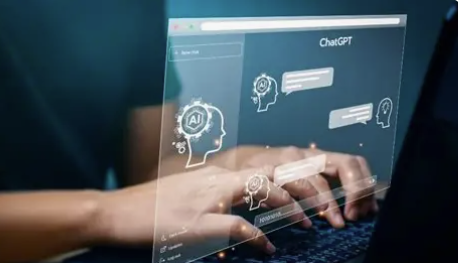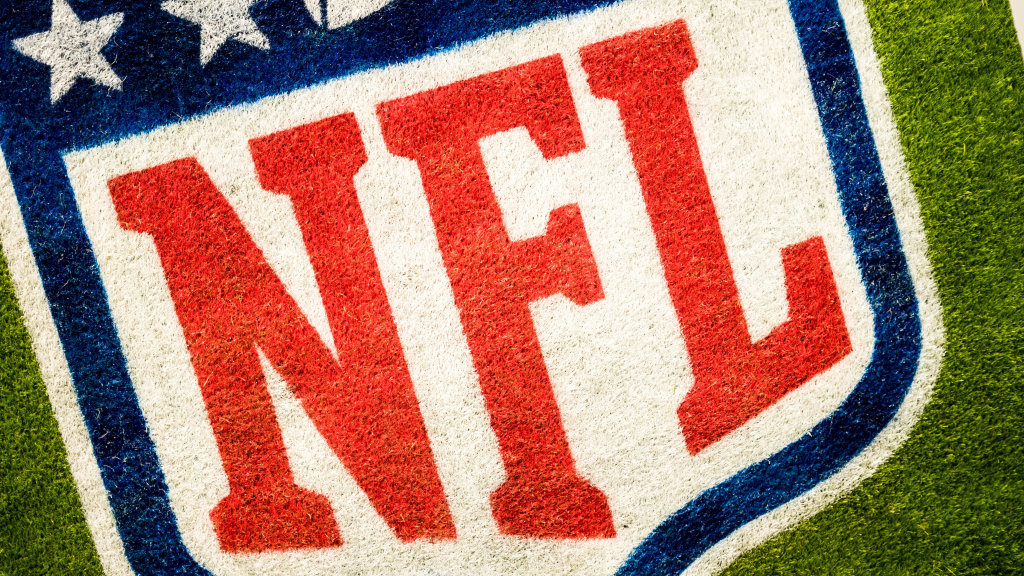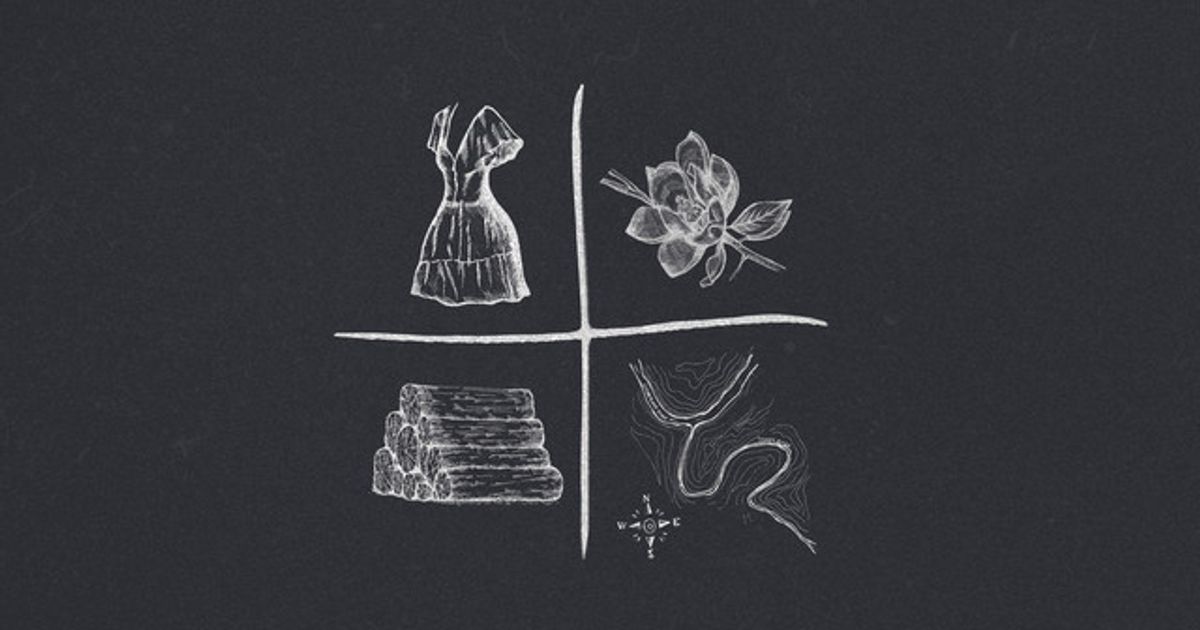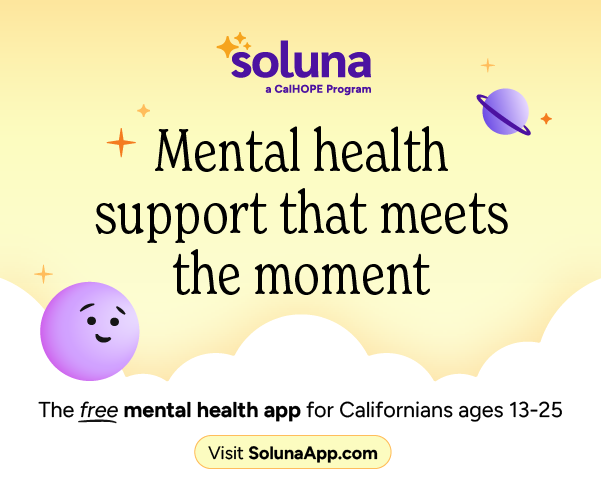
Everywhere you look, people are talking about AI. Teachers bring it up in class, people argue about it online, and some students already use it to finish homework faster than they probably should. AI went from being a futuristic idea to something that feels fully here, woven into our daily lives.
The big question is: should we be worried?
On one hand, AI can be really useful. It can break down tough concepts, generate practice questions, or help you brainstorm when you are stuck on an essay. Athletes are using AI to track workouts and progress. Artists are experimenting with AI tools to create new kinds of music and designs. In a way, it feels like having an extra set of tools or even a mentor you can access anytime.
On the other hand, there is the fear that AI might make us lazy or take away creativity. If a computer can write a paper in seconds, what is the point of writing it yourself? If an app can draw a picture, does that mean artists are out of luck? These are the questions people are still trying to answer.
For high schoolers, AI is kind of like a new student who shows up and immediately changes the vibe of the class. Some people are all in, some people cannot stand it, and most of us are just figuring out where it fits.
At the same time, there is something exciting about growing up right now. We are the first generation of students dealing with AI in real time, figuring it out while it is still new. Ten years from now, people might look back at us as the ones who set the tone for how AI got used in schools, jobs, and even friendships. That is pretty crazy to think about. Our choices, like how much we rely on it, when we decide to use it, and when we do not, actually matter more than we realize.
I think the truth is somewhere in the middle. AI is not going away, but it also is not going to replace what makes us human: our ability to feel, connect, and imagine things that data cannot capture. The challenge for our generation is learning how to use it without letting it use us.












